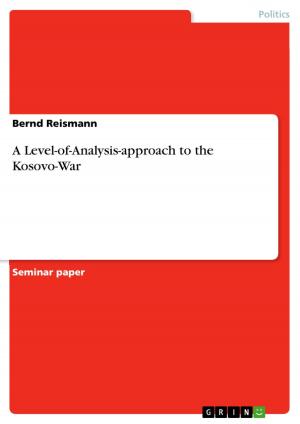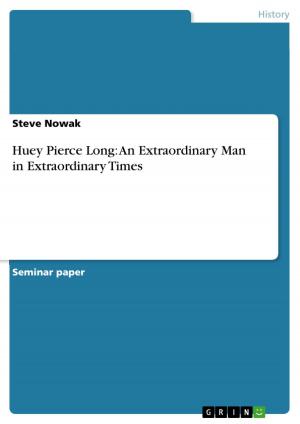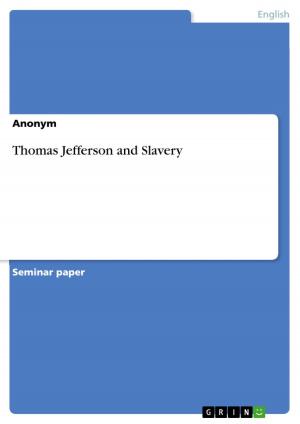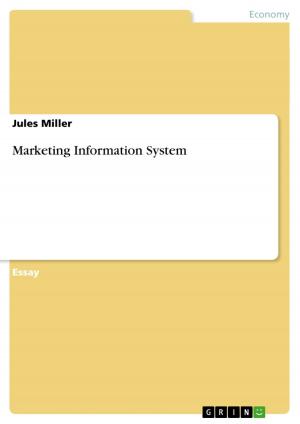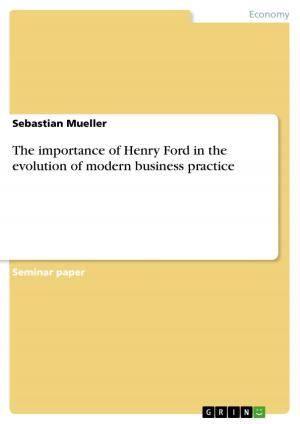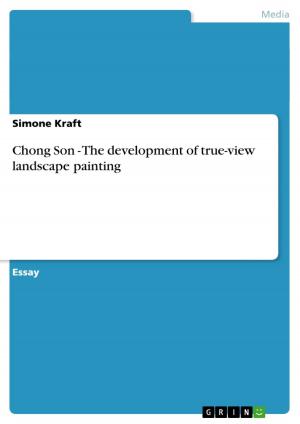Violence and Consumerism in Bret Easton Ellis's 'American Psycho' and Chuck Palahniuk's 'Fight Club'
Fiction & Literature, Literary Theory & Criticism, British| Author: | Michael Frank | ISBN: | 9783640466887 |
| Publisher: | GRIN Publishing | Publication: | November 8, 2009 |
| Imprint: | GRIN Publishing | Language: | English |
| Author: | Michael Frank |
| ISBN: | 9783640466887 |
| Publisher: | GRIN Publishing |
| Publication: | November 8, 2009 |
| Imprint: | GRIN Publishing |
| Language: | English |
Examination Thesis from the year 2009 in the subject English Language and Literature Studies - Literature, grade: 1,5, University of Heidelberg, language: English, abstract: 'Art has always reflected society. [...] Fight Club examines violence and the roots of frustration that are causing people to reach out for such radical solutions. And that's exactly the sort of discussion we should be having about our culture. Because a culture that doesn't examine its violence is a culture in denial, which is much more dangerous.' This assessment of Fight Club by Edward Norton, who plays the narrator in the novel's movie adaptation, explains the reasoning behind this thesis, which examines the basic principles of today's consumer culture, its connection to aggression and violence, and the way these topics are presented in two contemporary novels: Bret Easton Ellis's American Psycho and Chuck Palahniuk's Fight Club. In these books, the respective protagonists face similar deadlocks connected to life in the consumerist world of the 1980s and 1990s. Despite, evidently, having everything a person could ask for, both main characters' lives remain unfulfilled, leaving them frustrated and dissatisfied. As it turns out, acts of violence become the only thing that lets them get away from the boredom of their daily routine and gives them a sense of satisfaction.
Examination Thesis from the year 2009 in the subject English Language and Literature Studies - Literature, grade: 1,5, University of Heidelberg, language: English, abstract: 'Art has always reflected society. [...] Fight Club examines violence and the roots of frustration that are causing people to reach out for such radical solutions. And that's exactly the sort of discussion we should be having about our culture. Because a culture that doesn't examine its violence is a culture in denial, which is much more dangerous.' This assessment of Fight Club by Edward Norton, who plays the narrator in the novel's movie adaptation, explains the reasoning behind this thesis, which examines the basic principles of today's consumer culture, its connection to aggression and violence, and the way these topics are presented in two contemporary novels: Bret Easton Ellis's American Psycho and Chuck Palahniuk's Fight Club. In these books, the respective protagonists face similar deadlocks connected to life in the consumerist world of the 1980s and 1990s. Despite, evidently, having everything a person could ask for, both main characters' lives remain unfulfilled, leaving them frustrated and dissatisfied. As it turns out, acts of violence become the only thing that lets them get away from the boredom of their daily routine and gives them a sense of satisfaction.





